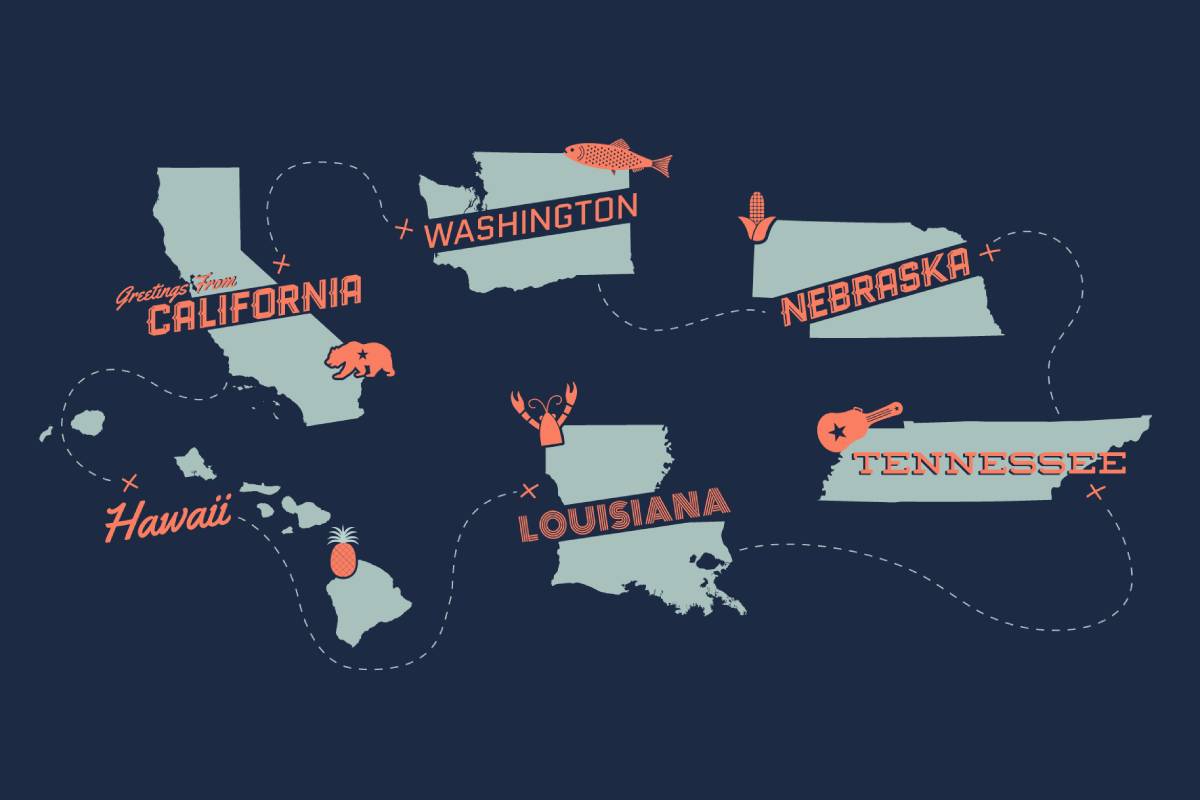Individuals in certain professions are required by law to report suspected child abuse and neglect. These mandated reporters have a legal responsibility to report and must follow certain guidelines set in place by their state or territory when they do so.
This can include whether or not you’re supposed to provide your personal information when you make a report or whether you’re allowed to report anonymously.
Some states require mandated reporters to identify themselves while others permit anonymous reporting.
Did you know? Mandated Reporter Training can help you understand your reporting requirements so you know how, when, and what to report. Start training today.****
Can Mandated Reporters Report Child Abuse Anonymously?
It’s understandable why you may want to report child abuse anonymously. Some mandated reporters have concerns about providing their names when reporting. Even when a state requires you to provide your personal information, your name will never be provided to the family or anyone else not directly involved in the investigation.
Some States Eliminating Anonymous Reporting to Reduce False Claims
For reporters who have to pick up the phone and make a call to a welfare or law enforcement agency, providing personal information can feel daunting.
But the reason you are asked to provide your information is to protect families from the stress of false claims.
False claims can stem from a malicious place. Bad-faith reports from ex-partners, ex-spouses, or family members often come during a child custody battle. Personal vendettas, revenge, mental health issues, and financial gain can all play a role in a malicious bad-faith report.
Some false abuse claims can be attributed to a lack of knowledge. Mandated reporters who undergo mandated reporter training are better able to recognize the signs of abuse and less likely to file a false report. One study of healthcare professionals found that professional’s inadequate knowledge of the laws surrounding child abuse reporting was a major factor in their failure to comply with those rules.
False abuse claims can also be attributed to bias and over-surveillance of low-income families, who are more likely to be reported to child welfare agencies than families with more resources.
Even though anonymous reports make up a small percentage of total hotline calls, they are less likely to be substantiated than reports by people who have to provide their information.
Do I Have to Include My Name When I Report?
Many states need to know the identity of the reporter for their investigations. These regions require that a mandated reporter give their name when making a report (at least for law enforcement and state officials), either at the time of the initial oral report or as part of a written report. This includes the following states and territories:
- Arizona
- California
- Colorado
- Florida
- Illinois
- Indiana
- Iowa
- Louisiana
- Maine
- Massachusetts
- Minnesota
- Mississippi
- Missouri
- Nebraska
- New Mexico
- New York
- North Carolina
- Pennsylvania
- Vermont
- The District of Columbia
- American Samoa
- Guam
- The Virgin Islands
If you work in any of the above areas, you are required to give your name when you report.
Additionally, the states of Connecticut, Delaware, and Washington allow child protection workers to request a reporter’s name.
Who Will Learn My Name?
While the above areas do require that mandated reporters identify themselves, abuse and neglect records are confidential. All jurisdictions have provisions in place to ensure this confidentiality. Furthermore, the identity of the reporter is specifically protected from disclosure to the alleged perpetrator in 44 states, the District of Columbia, American Samoa, Guam, the Northern Mariana Islands, and Puerto Rico.
That said, some areas do allow for the release of the reporter’s identity under specific circumstances or to select departments or officials, such as when that information is needed for an investigation.
Furthermore, some areas may allow a reporter to waive confidentiality and give consent to the release of their name. These include:
- California
- Florida
- Minnesota
- Tennessee
- Texas
- Vermont
- The District of Columbia
- Guam
What if I Give My Name and My Employer Retaliates?
Most states prohibit employers from retaliating when their employees file a report of child abuse or neglect.
Twelve states expressly prohibit an employer from taking action to prevent or discourage a mandated reporter from filing a report:
- Arkansas
- California
- Connecticut
- Georgia
- Illinois
- Indiana
- Iowa
- Maine
- Missouri
- New York
- Oklahoma
- Tennessee
Furthermore, seventeen states prohibit an employer from retaliating against an employee who has made a report. Retaliation, in this case, refers to any employment action, including demotion, reduction of pay or benefits, a negative evaluation, suspension, or termination. These states are:
- Alabama
- California
- Connecticut
- Iowa
- Kansas
- Massachusetts
- Michigan
- Missouri
- New York
- North Dakota
- Oklahoma
- Pennsylvania
- South Carolina
- Texas
- Vermont
- Wisconsin
- Wyoming
Reporting child abuse is taken extremely seriously, and a mandated reporter may face penalties or fines for either failing to report or for false reporting. The importance of reporting and doing so accurately means that many states do not allow for anonymous reporting. The consequences of failing to report or doing so incorrectly make it extremely important to understand the requirements of mandated reporters in your state.
Mandated Reporter Training can give you the confidence and tools to know that you are making a report to the right agency at the right time. You can find profession-specific trainings as well as mandated reporter training for volunteers so you can ensure you’re prepared to do your duty to prevent child abuse. Start your Mandated Reporter Training today so you can report with confidence.




